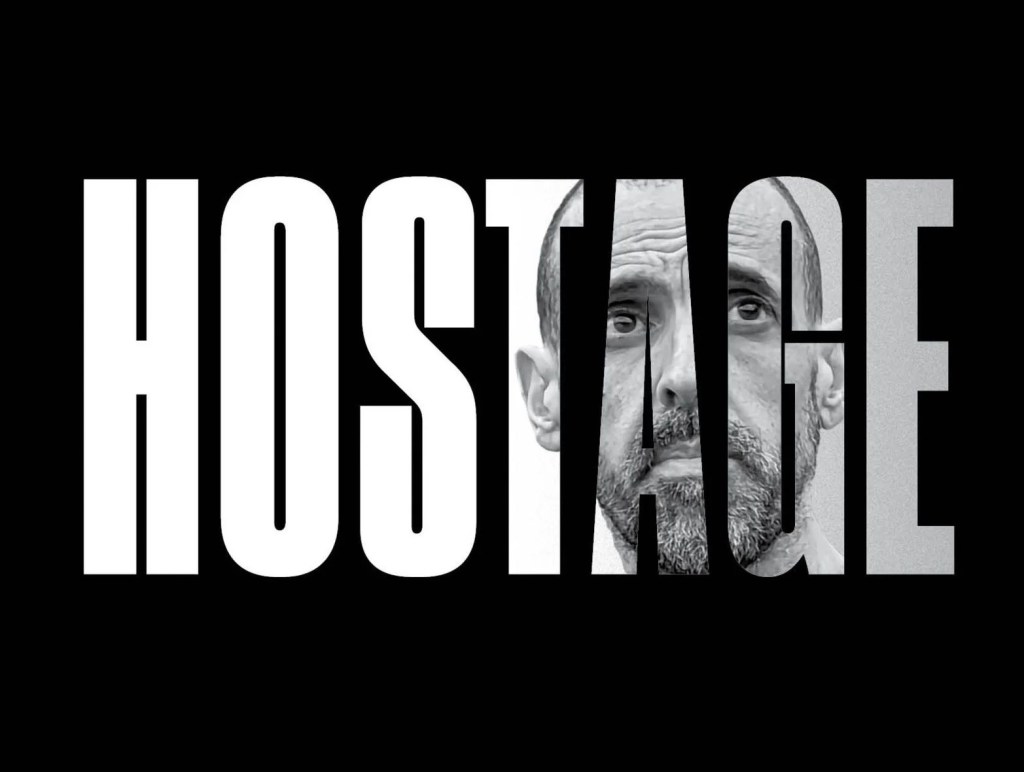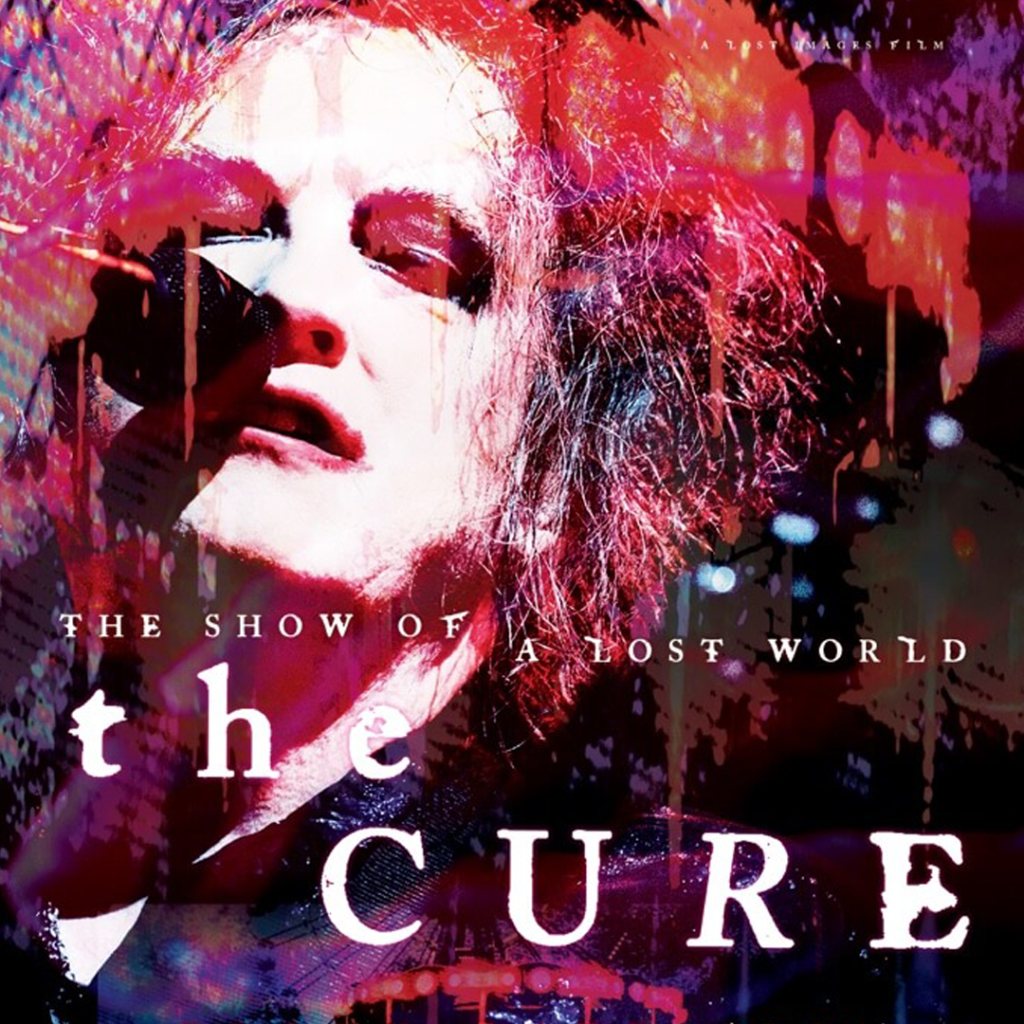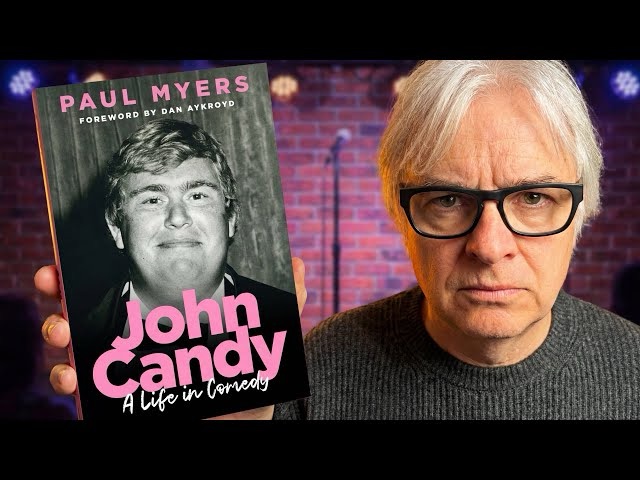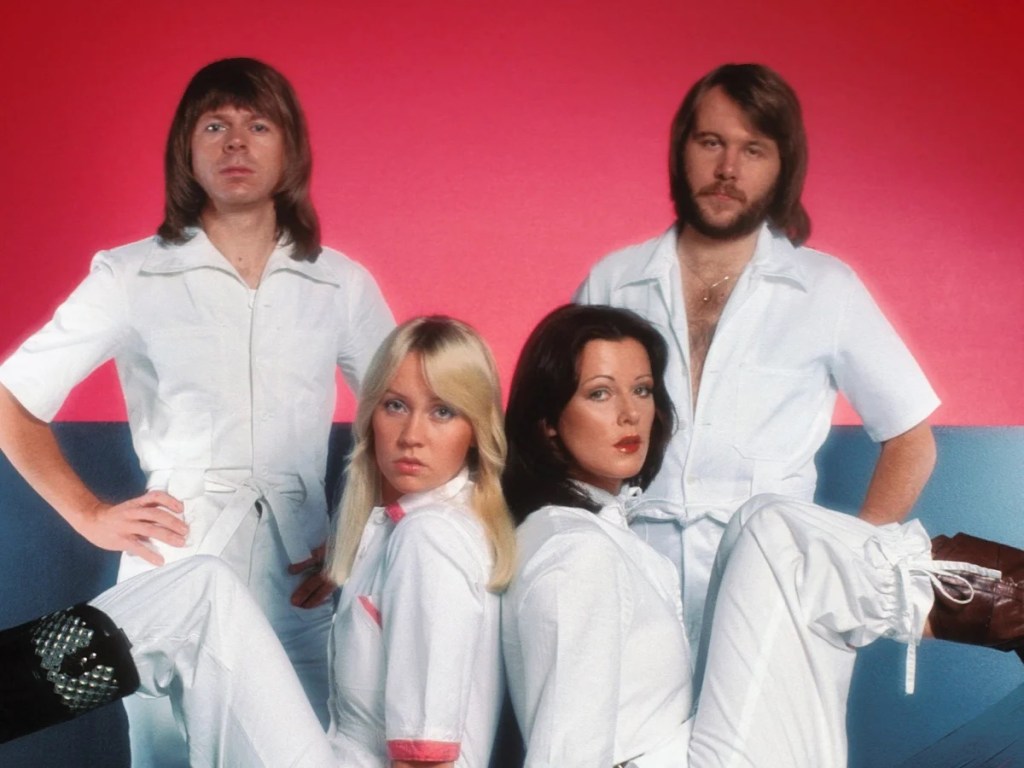I admit, I’m generally against armed conflict, unless we are combating aggression or Nazis. As a child of the 1960s, Combat was one of my favorite television shows, not for the violence, but the human stories.
Vic Morrow and Rick Jason alternated as episode leads. Both was wonderful in those roles, and both struggled after cancellation of the show. Of the two, Morrow had the more successful post-Combat career, but he never achieved the acclaim and roles I thought he deserved. Sadly, both actors died tragic deaths.
Prior to Combat, Morrow was like many young, male actors, cut out of the same rebellious cloth as James Dean, Nick Adams and Steve McQueen. He played punks, outlaws, soldiers and other angst-ridden outsiders. Combat channeled that spirit into a man forced to grow up and be responsible for the lives of others. Morrow’s Sgt. Saunders was not perfect, but he was a firm and fair leader who buried his own emotions to look out for his soldiers and civilians in a war zone.

Morrow prepared for his future career by moving behind the camera, like several television stars did. Clint Eastwood, Richard Boone, Jackie Cooper, Jack Webb, Howard Morris, Richard Crenna, Jerry Paris, Carl Reiner, Alan Alda, John Astin, Bill Bixby, Susan Oliver, Peter Bonerz, Georg Sanford Brown, Ivan Dixon, Robert Culp, Ray Danton, Jonathan Frakes, Paul Michael Glaser, James Hampton, Michael Landon, Patrick McGoohan, Ken Olin, Fred Savage, Rob Reiner, Ted Wass, Nancy Walker, Betty Thomas and James, Whitmore, Jr. Many television actors made the jump, some more successfully than others.
Morrow directed seven episodes of Combat, and one low-budget feature, during the years the series ran. His big break came when he was offered an opportunity to direct a Western for famed Italian producer Dino De Laurentius, which Morrow also co-wrote. A Man Called Sledge starred James Garner, Dennis Weaver, John Marley, Claude Akins and Laura Antonelli, and was shot in Italy and Spain. This was during the era of Spaghetti Westerns, and unfortunately, Morrow could not raise the quality of the film above average and it failed at the box office. Critics dismissed it as a generic Western, neither an original Spaghetti Western or a conventional American version of the genre, although the action sequences drew praise. Morrow would only go on to direct a few more times, episodic television.
A Man Called Sledge is somewhat of a curiosity today, it coincided with a challenging streak for his friend Garner, who would rebound with Support Your Local Sheriff and Support Your Local Gunfighter, Western parodies to reclaim some box office success. Garner would later noticeably exclude it from film interviews.
I was curious about Sledge and saw it a few years ago when it surfaced on television. I believe it has actually aged well and if viewed without seriousness, it is enjoyable.



Morrow, the actor, had better luck. From 1967 to 1973, Morrow guest starred on many primetime series and the lead in many television movies. He was well on his way to becoming like Darren McGavin, Robert Vaughn and Robert Culp, promising dramatic actors that would appear in a few films but would be on television the rest of their careers. He did have roles in a few low budget films including Target: Harry, directed by the king of low-budget films, Roger Corman.

Here is a great review of the film by a fellow blogger: Target: Harry (1969)
Then Morrow got a sudden career boost: some feature film roles came his way and the television mini-series.

Dirty Mary Crazy Larry (1974) put Morrow in the role of a police captain in helicopter pursuit of two thieves driving a souped-up car. Morrow as Capt. Franklin will stop at almost nothing to collar the thieves, it is a game of cat and mouse as they try and escape. This was not great cinema, but with Peter Fonda behind the wheel and Susan George as the love interest, it became a cult favorite. The chase scenes were good and it was edited to not allow the story to bog down. Morrow proved he could play the heavy, although his character was hardly method acting.

Speaking of heavies, The California Kid (1974) was a made for television film starring Morrow, Martin Sheen, Michelle Phillips and Nick Nolte, where Morrow plays a sadistic small town sheriff. The star of the film is the car, a 1934 Ford Coupe. Again, not a great role, but a starring one.

The Night That Panicked America (1975) is another made for TV movie, directed by feature film veteran Joseph Sargent (White Lightening, The Taking of Pelham One Two Three), and co-written by Nicholas Meyer (Star Trek: The Wrath of Khan, The Day After). The setting is the night of Orson Welles’ War of the Worlds radio broadcast. Morrow is a man on the brink of splitting up with his wife. The events of that night help them to see past their issues. These were the types of dramatic roles Morrow played earlier in his career.
Morrow would take featured roles in two films that could not be more opposite, although he does not play the hero in either. Scar Tissue (1975) was an international production, of the kidnapping of two children. Morrow plays one of the kidnappers. Scar Tissue was director Rene Clement’s final film, and it was panned by critics. Treasure of Matecumbe (1976) was a Disney film, where Morrow plays the villain in race for the treasure.

The Bad News Bears (1976) was one of Morrow’s most visible roles, a featured character in an A list film with Walter Matthau. He was Roy Turner, coach of the Yankees, youth baseball team the Bears play for the championship. Turner would have been a minor character if the script had not used Turner as an example of an adult who confuses winning with sportsmanship and fun. His meltdown and punishing his son was the key scene of the film. Morrow plays the character as very reactive and a victim of his own no-nonsense attitude as a winning team coach. After striking his son, who Turner was convinced throw at a Bears’ batter, Turner seems lost in events of his own creation. It is a good role; but Morrow turned in consistently superior performances weekly on Combat.

Captains and Kings (1976) An eight episode mini series about an Irish immigrant family in America in the mid-19th century, perhaps loosely based on the Kennedys. Morrow had one of the starring roles.

Roots (1977) Morrow was one member of the large cast, an overseer of slaves, appearing in two of the series parts. He tried to make Kunta Kinte say his slave name or be whipped.
After these projects, it was more episodic television and mini-series, TV movies and a few low-budget films. With the exception of several guest roles on the acclaimed crime show, Police Story, Morrow was settling into the generic cops and villains assortment of characters as a journeyman actor.
Then, the Twilight Zone: The Movie in 1983…






Leave a reply to greenpete58 Cancel reply